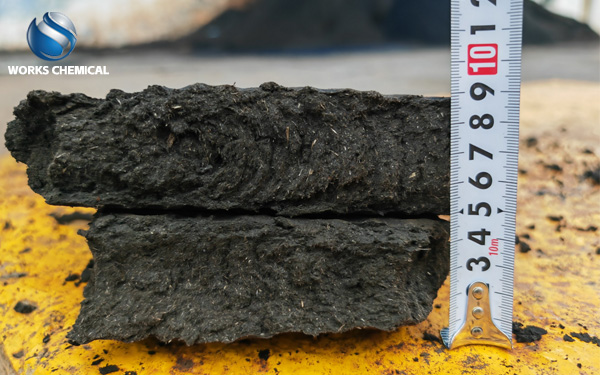
Sludge treatment is a crucial link in the municipal sewage treatment process. Sludge contains a large amount of water, organic matter and nutrients. If it is discharged directly without proper treatment, it will cause serious pollution to the environment. The sludge conditioner plays an indispensable role in this process.

Sludge conditioner is a type of agent that can alter the surface structure of sludge, reduce the solid surface load of sludge, lower the specific surface area of sludge, and destroy the structure of bacteria. By adjusting parameters such as moisture content, pH value and viscosity in the sludge, it can be made more suitable for subsequent treatment methods, such as incineration, landfill or composting.
Why are sludge conditioners so important in municipal sludge dewatering treatment? Here are several key reasons:
1. Enhance sludge dewatering efficiency: Sludge conditioners can help remove excess water from sludge, reduce the energy consumption of dewatering equipment, thereby improving dewatering efficiency and economic benefits, and lowering labor and equipment maintenance costs.
2. Protecting equipment: Appropriate sludge conditioners can reduce the viscosity of sludge, decrease the risk of filter belt clogging, and extend the service life of equipment.
3. Improve sludge properties: By using sludge conditioners, the pH value and moisture content of sludge can be altered, which is beneficial to the effectiveness of subsequent treatment processes. For instance, by adjusting the pH value, certain harmful substances can be decomposed or precipitated in sludge, thereby reducing environmental risks.
4. Promoting resource utilization: Through appropriate conditioning, valuable substances that can be recycled in sludge (such as metals, organic matter, etc.) can be better extracted and recovered, thereby achieving the recycling of resources.
5. Sludge conditioners can improve the dewatering performance of sludge, increase the separation speed of water and solids in sludge, and thereby effectively enhance the efficiency of sludge dewatering. This helps to reduce the cost of sludge treatment due to the energy consumption of sludge dewatering.